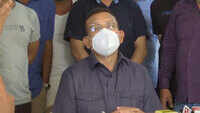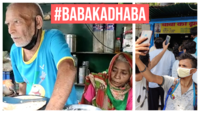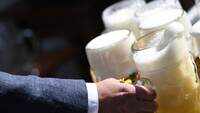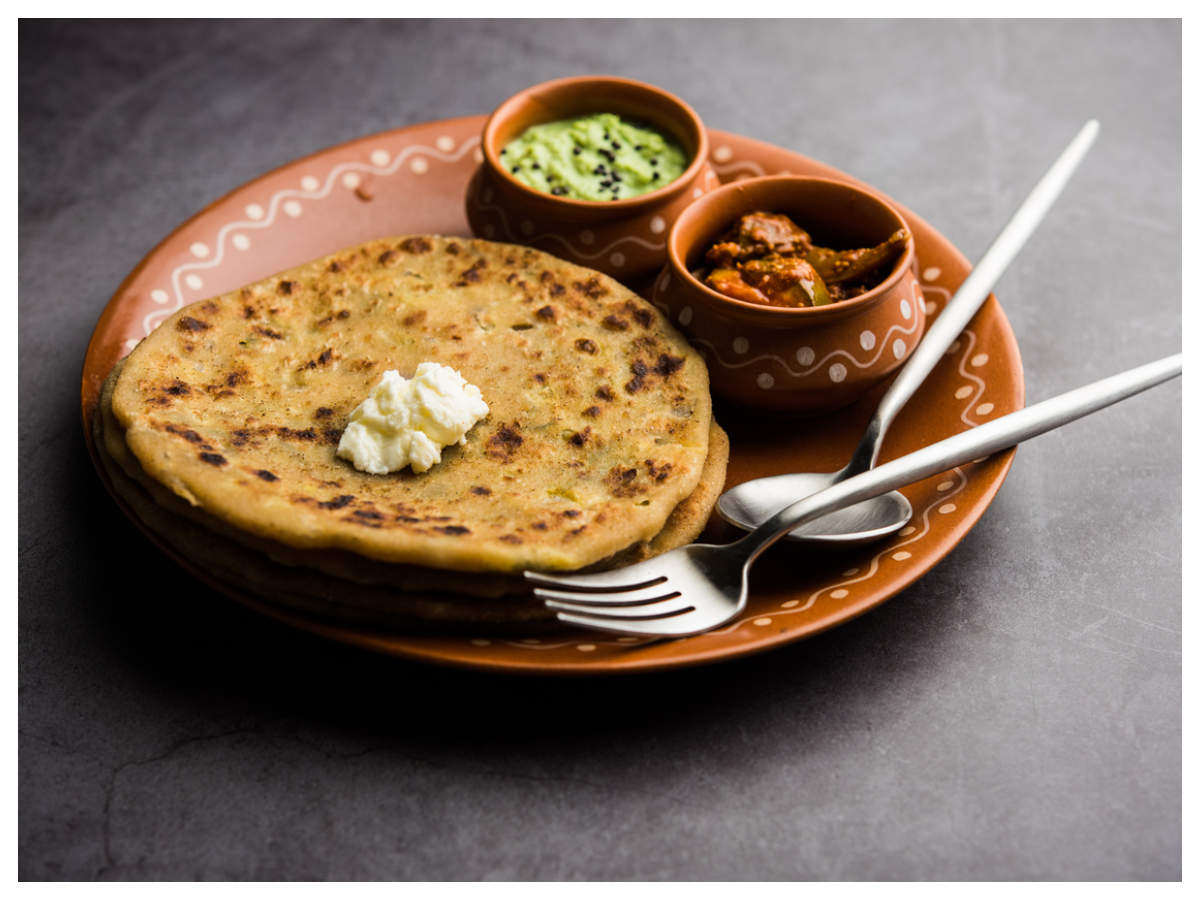
PATNA: Any mention of women in Bihar politics and governance will throw up obvious names such as former CM Rabri Devi and ex-Lok Sabha Speaker Meira Kumar among a host of other women leaders, who have been ministers and governors.
But there are a few names that go back to the pre-Independence era as far back as the late 19th century. These names continue to find a place in the public imagination, from social reformer Rashidan Bibi ((1855-1926) to freedom fighter Tarakeshwari Sinha, Rajvanshi Devi, wife of first President Rajendra Prasad in whose memory the Rajbanshi Nagar locality has been named in Patna, and Prabhavati Devi, wife of Jayaprakash Narayan.
“One may invent reasons to look sideways at the mention of Rabri Devi as the state’s CM, but her being the CM is also reflective of the larger general accommodative stance and tolerance that the people of the state show towards anything new,” Congress leader and former minister Harkhoo Jha said.
“Think of the male-centric hostile conditions and obstacles that women face in their bid to sustain their presence in the public sphere. I would say that today the situation has changed a lot, and the prevailing atmosphere is also not what used to be a century ago,” he added.
Going back to the pioneering Rashidan Bibi, she was the first woman novelist in the state who took to popularizing education among Muslim girls and women in those times. Later, with assistance from Badshah Nawab and Hathua Estate Maharani, she opened the Badshah Nawab Rizvi School, with its building named as Bettiah House.
The trail blazed by Rashidan Bibi among others paved the way for women leaders from the state to enter the Lok Sabha and the state assembly. The prominent among them are Tarkeshwari Sinha, who became the first woman minister from Bihar to be inducted into the Union cabinet in 1952. Meira Kumar went on to became the first woman Lok Sabha Speaker while Ram Dulari Sinha and Mridula Sinha became governors. Krishna Shahi, as well as Sumitra Devi (Meira Kumar’s mother-in-law), Uma Pandey and Prabhavati Gupta, are other prominent names.
However, their emergence in the state was neither obstacle-free nor sudden. The elections to legislative council were held in the state from 1920, but only those who owned property and paid taxes enjoyed voting rights.
However, it was the impetus that Mahatma Gandhi gave to the freedom struggle from the 1920s, by coupling it with educational and social reforms, that brought women in the public arena in large numbers. During the agitation against the indigo planters as part of the Champaran movement, Gandhi stayed in Bihar in 1917. The next year, he brought his wife Kasturba Gandhi, popularly known as Ba, to induce local women towards education and cleanliness.
But there are a few names that go back to the pre-Independence era as far back as the late 19th century. These names continue to find a place in the public imagination, from social reformer Rashidan Bibi ((1855-1926) to freedom fighter Tarakeshwari Sinha, Rajvanshi Devi, wife of first President Rajendra Prasad in whose memory the Rajbanshi Nagar locality has been named in Patna, and Prabhavati Devi, wife of Jayaprakash Narayan.
“One may invent reasons to look sideways at the mention of Rabri Devi as the state’s CM, but her being the CM is also reflective of the larger general accommodative stance and tolerance that the people of the state show towards anything new,” Congress leader and former minister Harkhoo Jha said.
“Think of the male-centric hostile conditions and obstacles that women face in their bid to sustain their presence in the public sphere. I would say that today the situation has changed a lot, and the prevailing atmosphere is also not what used to be a century ago,” he added.
Going back to the pioneering Rashidan Bibi, she was the first woman novelist in the state who took to popularizing education among Muslim girls and women in those times. Later, with assistance from Badshah Nawab and Hathua Estate Maharani, she opened the Badshah Nawab Rizvi School, with its building named as Bettiah House.
The trail blazed by Rashidan Bibi among others paved the way for women leaders from the state to enter the Lok Sabha and the state assembly. The prominent among them are Tarkeshwari Sinha, who became the first woman minister from Bihar to be inducted into the Union cabinet in 1952. Meira Kumar went on to became the first woman Lok Sabha Speaker while Ram Dulari Sinha and Mridula Sinha became governors. Krishna Shahi, as well as Sumitra Devi (Meira Kumar’s mother-in-law), Uma Pandey and Prabhavati Gupta, are other prominent names.
However, their emergence in the state was neither obstacle-free nor sudden. The elections to legislative council were held in the state from 1920, but only those who owned property and paid taxes enjoyed voting rights.
However, it was the impetus that Mahatma Gandhi gave to the freedom struggle from the 1920s, by coupling it with educational and social reforms, that brought women in the public arena in large numbers. During the agitation against the indigo planters as part of the Champaran movement, Gandhi stayed in Bihar in 1917. The next year, he brought his wife Kasturba Gandhi, popularly known as Ba, to induce local women towards education and cleanliness.

Coronavirus outbreak
Trending Topics
LATEST VIDEOS
More from TOI
Navbharat Times
Featured Today in Travel
Quick Links
Delhi Air PollutionHaryana Coronavirus Helpline NumberUP Coronavirus Helpline NumberBangalore TemperatureBhopal NewsCoronavirus in DelhiCoronavirus in HyderabadHyderabad RainCoronavirus symptomsCoronavirusDelhi TemperatureAditya ThackerayShiv SenaFire in MumbaiMumbai RainsArvind KejriwalBangalore FloodsSrinagar encounter
Get the app









